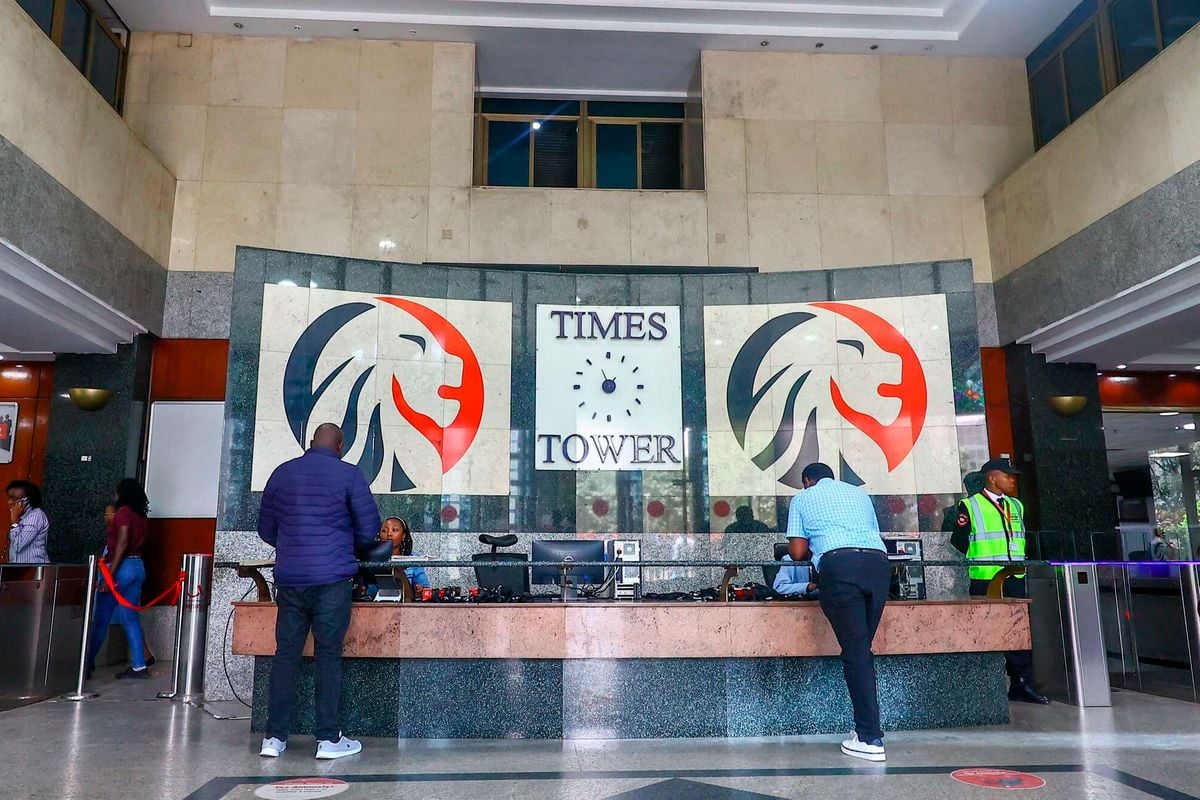Three constituencies headed by President William Ruto’s key allies got the lion’s share of the 1,406 revenue service assistant (RSA) positions the Kenya Revenue Authority (KRA) had filled last year, but that were later annulled by the High Court.
An analysis of recruitment data from a KRA report tabled in Parliament shows that Thika Town, Kiharu and Dr Ruto’s home constituency of Turbo, took 145 slots of the jobs in an exercise that Justice William Musyoka said was heavily skewed in favour of the Kikuyu and Kalenjin communities.
Thika Town, which is represented by Ms Alice Ng’ang’a, secured 50 slots – the highest number among the 290 constituencies nationwide, while Ndindi Nyoro’s Kiharu, came second with 40.
Turbo was third with 29 slots, as nearby Moiben of first-term MP Phyllis Bartoo, took 26 vacancies in the recruitment that saw 11 constituencies left without a slot.
Interestingly, some 238 of the 279 constituencies whose residents got slots had fewer than 10 as the positions were dominated by the ethnic communities of the President Ruto Deputy President Rigathi Gachagua.
Dr Ruto’s Kalenjin community secured 404 or 28.73 per cent of the 1,406 positions while Mr Gachagua’s Kikuyu amassed 385 or 27.38 per cent.
The Luhya got 135 positions or 9.6 per cent, Luo (76), Kenyan Somali (70) and Kamba (64).
This is despite 23,953 Kikuyus applying for the job against 22,551 Kalenjin, 15,070 Luo, 11,618 Luhya and 8,240 Kamba.
In terms of counties, Uasin Gishu – where Dr Ruto hails from – had 129 slots, while Mr Gachagua’s Nyeri secured 57. Mathira, the constituency where the DP comes from, had nine.
Nairobi got 116 slots, Kiambu (102), Murang’a (81), Kericho (78), Nandi (70), Meru (47), Nakuru (47) while Kakamega had 41. Only 35 constituencies received more than 10 slots.
According to the data, sixty two constituencies got a single slot each, raising questions on the criteria used to give Thika Town, Kiharu and Turbo a high number.
The court found that the job allocations were in breach of the Constitution, which emphasises diversity to address historical injustice in which tribespeople of those in power were favoured during recruitment. The Constitution says diversity in public positions promotes national cohesion.
According to the Public Service Commission (PSC) diversity policy, government institutions should prepare measures to correct the ethnic imbalance.
Under the PSC diversity policy for State Ministries, Departments and Agencies (MDAs), ethnic groups whose job representation surpasses their corresponding national population proportion are considered to be over-represented.
The policy was expected to tackle the problem of over-representation by setting hiring quotas for ethnic groups and disadvantaged classes like the disabled.
Last month, lawmakers opened an inquiry into the recruitment of KRA revenue service assistants after it emerged that 133 candidates were dismissed after being subjected to HIV and pregnancy tests.
The inquiry was launched three weeks after the High Court nullified the hiring.
Justice Musyoka ruled that being a public organisation, KRA should afford adequate and equal opportunities for appointment, training and advancement at all levels to members of all ethnic groups and persons with disability.
The judge said the recruitment of the 1,406 revenue service assistants offendED the preamble of the Constitution and the provisions of Articles 10, 27, 56, and 32 (g)(h)(i) of the Supreme Law.
The decision to open a full-scale inquiry followed revelations by KRA Commissioner-General Humphrey Wattanga that 133 candidates had been eliminated on medical grounds.
Mr Wattanga told the committee chaired by Mandera West MP Adan Haji that the results of the 133 candidates were confidential.
“The RSA programme had a paramilitary training element. A total of 133 candidates were eliminated on medical grounds,” Mr Wattanga told the lawmakers.
“The results were confidential and the doctors did not disclose to the KRA the details in line with their professional ethics and principles.”
The committee, however, demanded to know why the 133 recruits were dismissed, given that the Constitution and the Employment Act prohibit discrimination in hiring based on health status.
Mr Wattanga told the parliamentary committee that the recruitment of the 1,406 RSA is still subject to a legal process after a court directed the KRA to put in place an ethnic diversity and regional balance policy within 30 days.
The Commissioner-General declined to be drawn into discussing the RSA court ruling, saying the matter is sub-judice.

